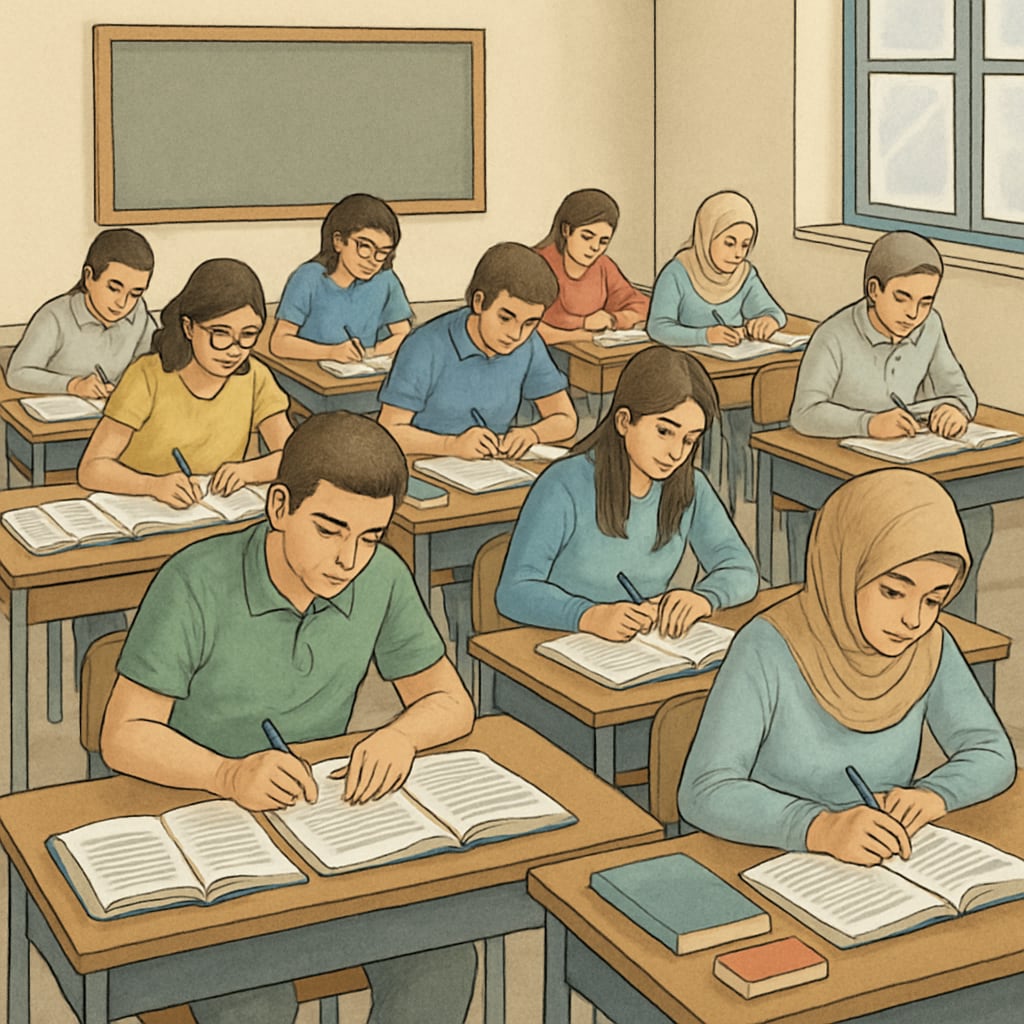Education systems across the globe face the challenge of balancing academic rigor with student well-being. Turkey’s exam-driven education system and the United Kingdom’s A Level model offer two contrasting approaches to K12 education. While Turkey relies heavily on centralized exams, the A Level program emphasizes flexibility and student choice. This article critically examines the impacts of these systems on student motivation, academic performance, and long-term development, while suggesting pathways for strategic reforms.
Turkey’s Exam-Driven Education System: Strengths and Challenges
Turkey’s education system is built around high-stakes, centralized exams that determine students’ academic futures. The university entrance exam, known as the “YKS,” plays a pivotal role in shaping students’ career paths. Success in these exams requires years of intense preparation, often at the expense of holistic learning and personal development.
While centralized exams ensure standardization and transparency, they also create immense pressure on students. According to studies, the stress associated with exam performance can lead to burnout, anxiety, and reduced intrinsic motivation. As a result, students often prioritize rote memorization over critical thinking, creativity, and problem-solving skills.

In addition, the exam-driven system limits opportunities for personalized learning. Teachers are often forced to focus on test preparation rather than fostering a deeper understanding of subjects. This approach risks alienating students who may excel in non-traditional areas, such as arts or vocational skills.
The A Level Model: A Flexible Pathway for Academic Success
In contrast, the UK’s A Level model offers students greater flexibility in their education. A Levels allow learners to choose specific subjects based on their interests and career aspirations. This specialization encourages students to dive deeper into their chosen fields, fostering passion and engagement.
Unlike Turkey’s centralized exams, A Levels are assessed through a combination of coursework and exams. This approach reduces pressure by distributing evaluation across multiple formats and timelines. Furthermore, the emphasis on critical thinking and analytical skills prepares students for both higher education and the workforce.

The A Level model also supports personalized learning by accommodating diverse academic needs. For example, students aiming for STEM careers can focus on mathematics and sciences, while those with interests in humanities can pursue subjects like literature and history. This adaptability is key to nurturing student motivation and long-term success.
Finding the Middle Ground: Strategic Reforms for K12 Education
To address the challenges of exam-driven systems, countries like Turkey can take inspiration from the flexibility of A Levels. Strategic reforms should focus on reducing exam pressure and introducing alternative assessment methods. For example:
- Incorporate project-based learning and coursework into the curriculum to diversify assessment methods.
- Create opportunities for students to choose subjects based on their interests and career goals.
- Provide teacher training to support personalized learning approaches.
Moreover, fostering a culture of creativity and critical thinking can help students build skills that extend beyond academics. By striking a balance between standardized testing and flexible learning pathways, education systems can unlock student potential and ensure holistic development.
Conclusion: Rethinking Education for the Future
Both Turkey’s exam-driven system and the UK’s A Level model hold valuable lessons for K12 education reform. While centralized exams offer standardization, they risk compromising student motivation and creativity. On the other hand, A Levels demonstrate the benefits of flexibility and personalized learning. By blending elements of these approaches, policymakers can create education systems that empower students to thrive academically, socially, and emotionally.
As the global education landscape evolves, it is crucial to prioritize systems that support both academic excellence and student well-being. Through thoughtful reforms, countries can ensure that their education systems truly unlock the potential of future generations.
Readability guidance: Use short paragraphs and lists to summarize key points. Distribute transition words like “however,” “therefore,” and “for example” throughout the text. Ensure a balance of active voice and concise sentence structure for clarity.


